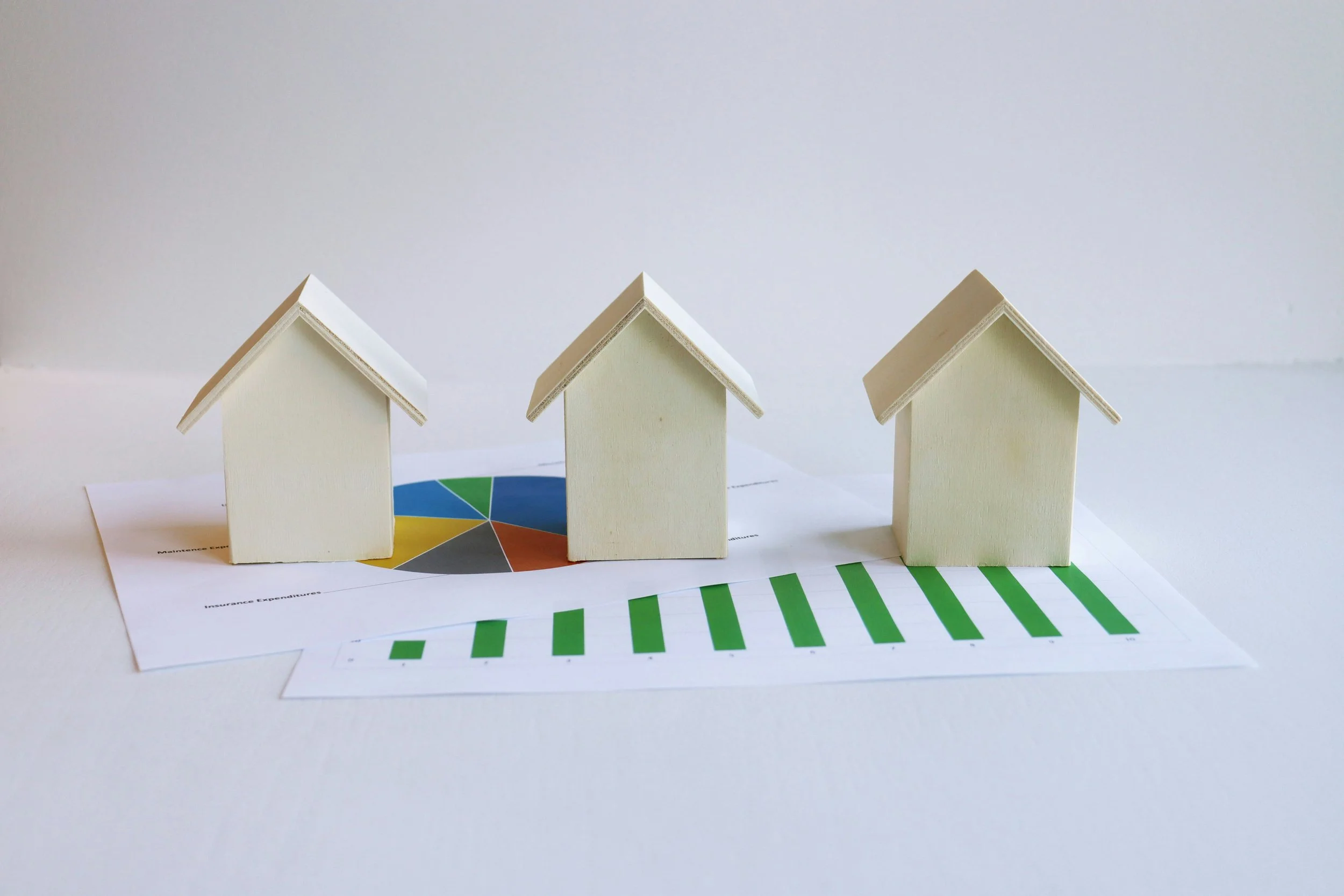Should We Really Be Freaking Out About 50-Year Mortgages? Here’s What You Need to Know
Last week, President Trump floated the idea of a 50-year fixed mortgage, and the reaction was… intense. Headlines, hot takes, and social media meltdowns followed within hours.
Critics argued that a loan this long would trap Americans in debt for life, cause borrowers to pay massive amounts of interest, and delay the ability to build equity. Even some of Trump’s own supporters criticized the concept as “generational debt.”
But once the noise settles, a more important question remains:
Is a 50-year mortgage actually a bad idea — or is it just misunderstood?
As residential real estate agents, here’s our breakdown of what this proposal really means, why economists aren’t panicking, and what homebuyers should keep in mind.
-
One of the biggest misconceptions fueling the outrage is the idea that a 50-year mortgage = 50 years of debt. But in reality, most Americans move or refinance long before their loan matures.
· The typical homeowner stays in their house less than 12 years.
· Even that number is higher than it used to be — in the early 2000s, the average was just 7 years.
So, while a 50-year mortgage sounds like a lifelong commitment, most borrowers would never keep it anywhere near that long.
Economists like Harvard’s John Campbell and the University of Chicago’s Eric Zwick even say the idea isn’t as outlandish as it sounds.
-
A longer loan term does one key thing: It lowers your monthly payment.
For some buyers, that could make a real difference in qualifying for a home they truly love — or entering the market sooner instead of waiting years to save more.
And while it’s true that a 50-year loan means more interest paid over time, that same tradeoff already exists with 30-year mortgages — which over 90% of Americans already have.
Like any mortgage, the 50-year option would simply be another tool in the toolbox.
-
There are downsides, and they mirror the same issues we already see with 30-year mortgages:
· Higher total interest paid over the life of the loan
· Slower equity buildup, especially in the early years
· Greater risk of being underwater if home prices decline
· Longer exposure to market fluctuations
Economists also note that long-term fixed mortgages shield homeowners from changes in interest rates, which is a benefit to you, but can complicate broader economic policy.
Still, these are not new problems. They’re simply magnified versions of what we already deal with.
-
Supporters claim the 50-year mortgage could improve affordability. Economists say otherwise.
Making it easier to qualify for a mortgage without increasing the number of available homes simply increases competition for the same limited inventory. And that can push prices up even further.
In other words:
Financing tools don’t fix affordability. Building more homes does.
Mortgage structure is only one piece of a much bigger puzzle.
-
It depends.
For some buyers, a lower monthly payment could open doors. For others, the long-term cost and slow equity growth won’t be worth it.
The key takeaway is this: A 50-year mortgage is neither a miracle cure nor a financial disaster. It’s just another option — and like all options, it works for some and not for others.
My Advice as a Real Estate Agent
Mortgage products are getting more diverse because buyers’ needs are getting more diverse. But no matter what the government proposes, the most important thing is choosing financing that fits your goals, your budget, and your timeline.
If you ever want to walk through different mortgage scenarios — 30-year, 50-year, adjustable-rate, or anything else — we’re always here to help you make the most informed choice.
